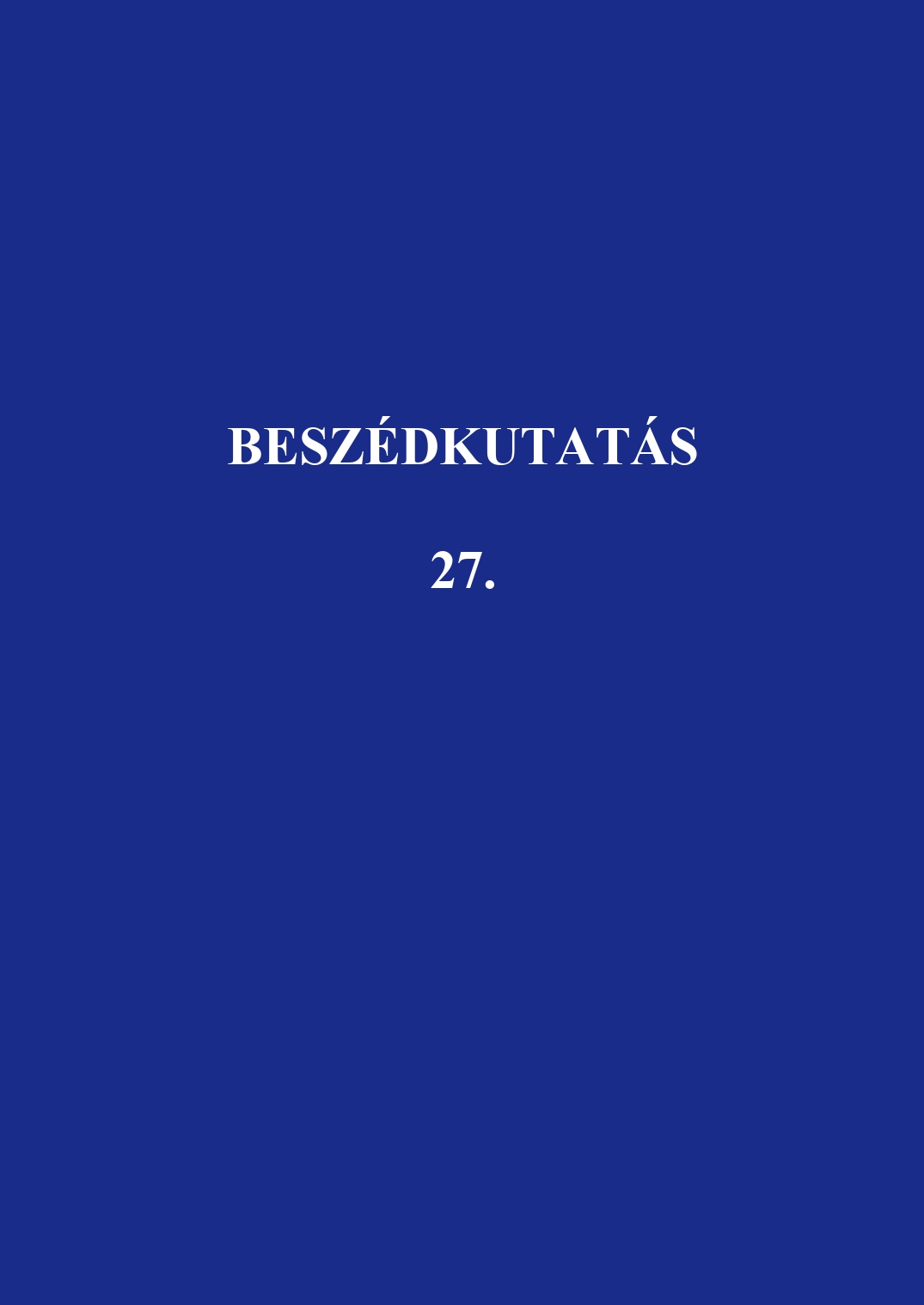A zöngeképzés változásai egy érzelemindukciós számítógépes játék során
Absztrakt
Phonatory changes during emotion-inducing game events
Phonatory changes during emotion-inducing game events: the effect of discrepancy from expectations and goal conduciveness.
This paper aims to describe how phonation changes during emotion-inducing stimuli. 34 Hungarian speakers (17 female, 17 male) were asked to compete in a simple computerised guessing game, using voice commands to proceed after faced with the result of their guess. We expected that acoustic measures taken on these voice commands differ based on two affective components: goal conduciveness (successful or unsuccessful result) and discrepancy from expectations (unexpected or expected result based on the uncertainty of the guess).
According to the results, only female subjects show phonatory variation as a result of varying emotional states: their fundamental frequency is higher at unexpected game events and their phonation is less breathy (lower H1-H2) at unexpected, unsuccessful events. Both of these changes can be caused by higher muscle tension in unexpected, unsuccessful situations and lower tension when experiencing goal conducive, expected events.
A Beszédkutatásba leadott tanulmányokat máshol változatlan formában megjelentetni nem lehet. Más személy a szerkesztőbizottság engedélyével és megfelelő hivatkozással használhat fel ábrákat a publikált tanulmányokból.





